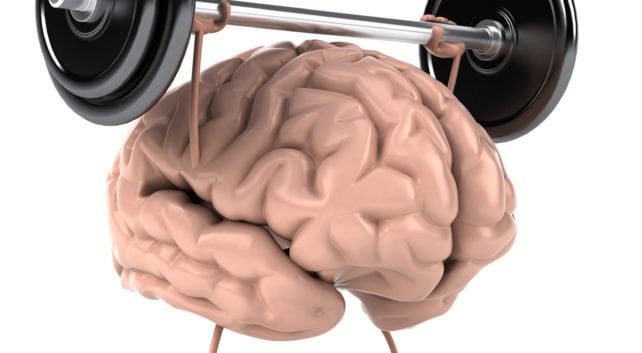- sales
- Blog post
No time for role plays? Have reps try ‘mental rehearsal’
We all know that sales-skills training doesn’t stick without practice. But it’s hard enough to get reps together for the training itself, much less for follow-up practice.
And you certainly can’t deliver these activities in the moment of need. If, say, a salesperson is getting ready to close a sale, the optimal time to practice closing skills is right before the meeting or phone call. Good luck with that.
But there’s an alternative you can offer — and it works just as well, according to research. Instead of actual practice, reps can mentally rehearse their skills before applying them.
Many athletes use (and swear by) mental rehearsal: If you can’t actually practice your golf swing or knuckleball, go through the motions in your mind. Research suggests that it really does improve your performance. Research also shows that these effects aren’t limited to physical feats; mental rehearsal also improves cognitive skills, such as sales skills.
Mental surgery
A series of experiments involving medical students, for example, showed that mental practice helped them master surgical skills more quickly. In one, a group of students mentally rehearsed the steps involved in doing a spinal tap. Another group practiced the procedure itself. In a follow-up test, both groups did equally well. Other studies showed similar effects for tying surgical knots and performing laparascopic surgery.
While all of these tasks had a physical component, they also involved a great deal of cognitive knowledge.
Reinforcing the mental pathways
Another set of studies suggest that mental rehearsal is effective because it stimulates the same neural pathways as actual practice. Researchers recruited expert and novice archers to imagine they were aiming and shooting in a competition. They also had them physically practice. Meanwhile, the researchers used an MRI machine to study their brains.
During mental rehearsal, the researchers found high levels of activity related to supplemental motor movements in the brains of the expert archers. In novices, the activity was more extensive and involved numerous areas of the brain, such as premotor activity in the cerebellum. These patterns were identical to those seen in physical rehearsals.
A tool reps can use
Mental rehearsal can be a powerful tool for reps to use, because it can be done anywhere and at any time. Here are some suggestions on how to maximize its effectiveness.
1. Teach mental rehearsal as a specific technique. People do it all the time, but not in any formal or organized way. Explain to reps why it works and show them how to do it.
2. Help them create scripts. The surgical studies found that scripts are a key element of mental rehearsal. Reps don’t have to script every word; more important is to break down the activity into a list of steps.
3. Make it a habit. Mental rehearsal works best if it’s done regularly. Encourage reps to set aside time on their calendars to mentally practice the skills you’ve taught.
5. Encourage mental rehearsal in the moment of need. The surgical studies found that the best time to use mental rehearsal is right before the actual task.
Sources: Marcus, Hani, et al. (2013). Practice makes perfect? The role of simulation-based deliberate practice. Neurosurgery 72:A124-A130. Bramson, Rachel, et al. (2011). Comparing the effects of mental imagery rehearsal and physical practice. Annals of Behavioral Science and Medical Education, Vol. 17, No. 2, 3-6.

Get a demo of all our training features
Connect with an expert for a one-on-one demonstration of how BTS Total Access can help develop your team.



